Pancakes are super simple to make and even easier to elevate to new heights of scrumptiousness. Start stacking them now for a mouthwatering feast.
The word pancake was first coined in the 15th century (https://www.merriam-webster.com/dictionary/pancake) although it has been mentioned in the works of 5th century BC by Greek poets (https://en.wikipedia.org/wiki/Pancake). Whatever its origin, it has taken over the world and almost every country has its own variation from Japan to Jamaica.
The Basics
In the West most pancakes consist of a mixture of flour, eggs and milk. And the amounts you use of each will affect the consistency of your pancake. For the finest pedigree UK pancake recipe, you should try this. After you have mastered this and removed all traces of pancake making activity from the kitchen ceiling, you are ready to move to the next stage.
Throw in some oats
If you want to add some more body to your pancake, just add some Quaker Rolled Oats. Our Oat Pancake recipe is simple to follow but you could go one step further and try our showstopping Banana and Oat Pancakes adding golden syrup and a handful of pecan nuts.
Go to town
If you’re ready for something more challenging, try our Strawberry, Cashew Butter & Cacao Nibs Crepes recipe here. Actually, this isn’t as complicated as it sounds and if your cupboards aren’t overflowing with cashew nut butter you could always use peanut butter.
Things to note
Overheating your stove won’t cook the pancakes faster, it will just burn them. So set your burner to medium and heat your pan for about 3 minutes before adding your batter. And talking of batter, you should try to not overmix it. Technically speaking, the more you mix, the more gluten develops and you’ll end up with heavy, chewy pancakes.

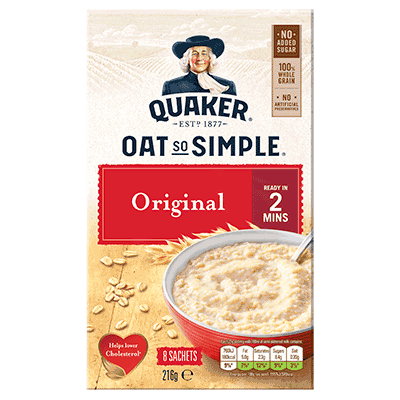
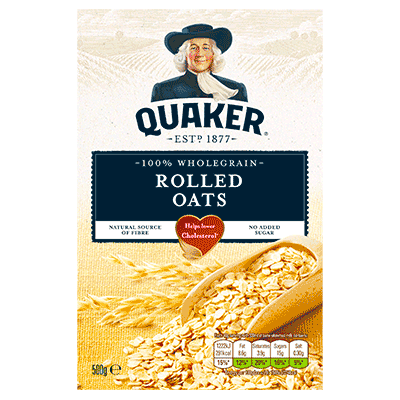
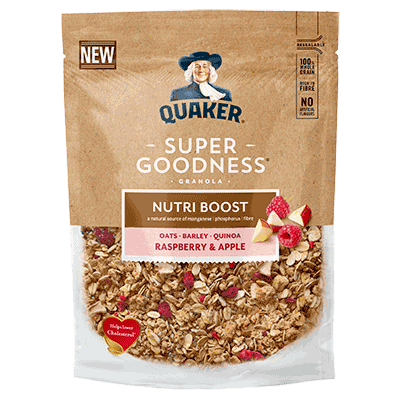
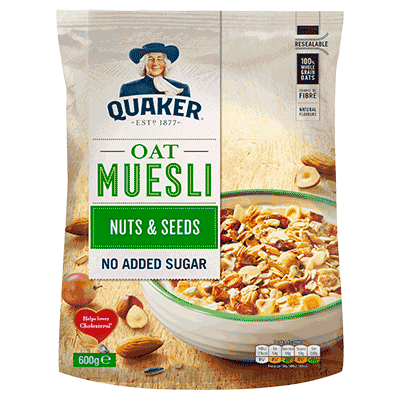
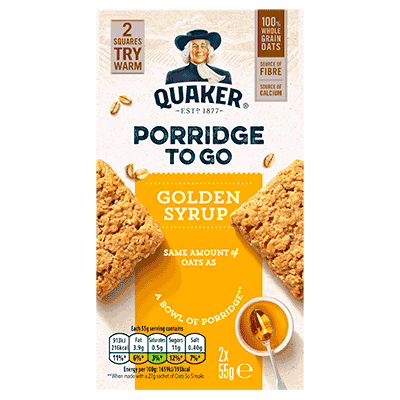

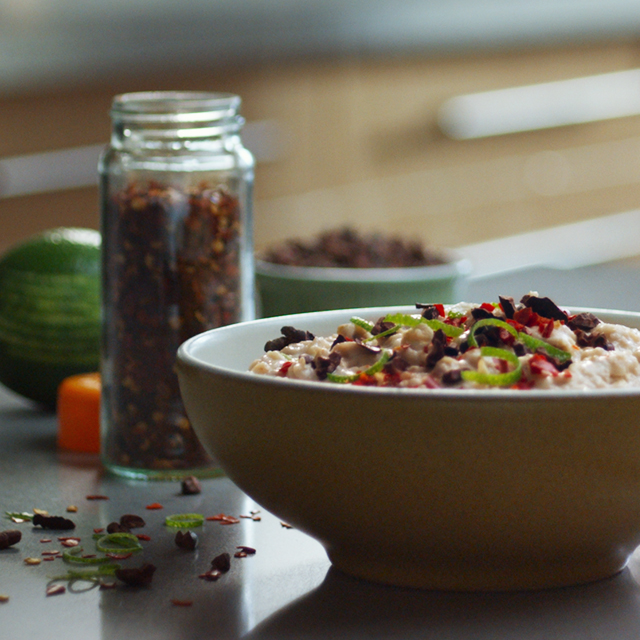
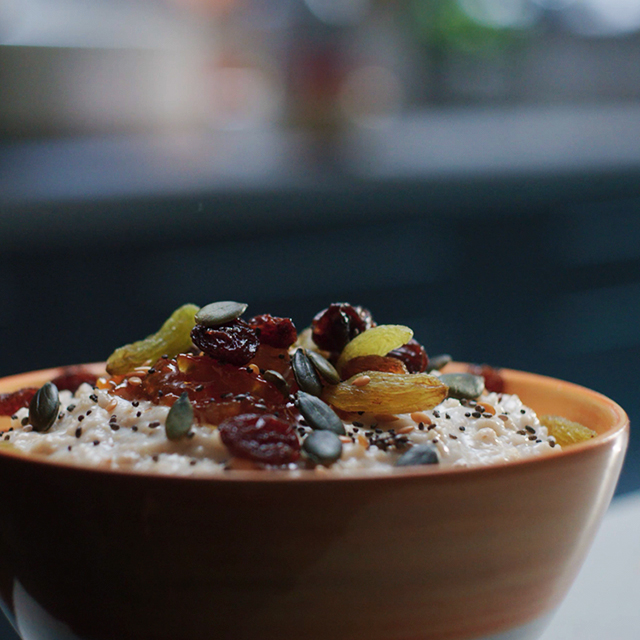
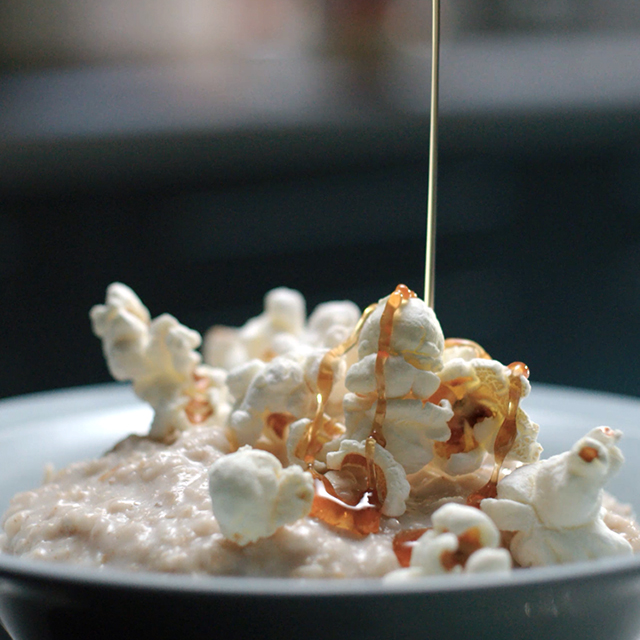

Daily intake of 3g of beta-glucan from oats. Oats beta-glucan has been shown to lower/ reduce blood cholesterol. High cholesterol is a risk factor in the development of coronary heart disease.